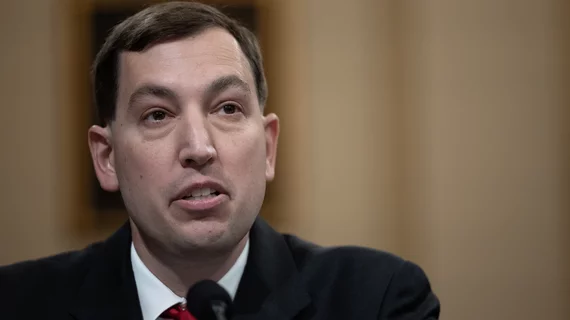Physicians criticize insurance lobby’s ‘tone-deaf’ response to Change Healthcare cyberattack
Physicians are criticizing the health insurance lobby’s “tone deaf” response to the Change Healthcare cyberattack.
AHIP (formerly America’s Health Insurance Plans) issued a statement March 12, answering demands payers should do more to help providers weather this disruption. President and CEO Mike Tuffin said health insurers have responded to this challenge, taking “immediate and comprehensive steps to support providers and ensure continuity in patient care.”
These efforts have helped many physicians resume interrupted claim submissions, receive timely payments and maintain operations, he said.
“Given the very wide variability of impact across the system, individual plans and providers are in the best position to assess how to maintain appropriate payments in a timely manner—and also to minimize the need for reconciliation processes,” Tuffin said. “Further, broad exemptions in prior authorization at a time of advanced payments could expose patients and employers to fraud, waste and unnecessary costs.”
The American Medical Association bristled at the statement on Thursday, also criticizing how long it took AHIP to comment on the Feb. 21 incident.
“It is dumbfounding that following weeks of silence and a lack of assistance to struggling practices in the wake of the Change Healthcare cyberattack, AHIP’s response is a ‘business as usual’ approach to prior authorization,” AMA President Jesse M. Ehrenfeld, MD, said March 14. “This approach is particularly galling since service outages have exacerbated the administrative burdens and care delays already associated with this process. Prioritizing profits over the stability and solvency of our care delivery system starkly contrasts with the Biden administration’s appeal to health plans to ‘meet the moment.’”
The federal government opened an investigation into the cyberattack on Wednesday amid concerns that sensitive patient information has been compromised in the attack. CMS also recently offered advance Medicare payment to providers hobbled by the attack and has urged private payers to do the same.
The American Hospital Association on March 13 urged Congress to help providers affected by the ongoing inability to use Change’s claims-processing software. Based on a recent survey of the hospital field, the impact of the attack has been dramatic, the association said.
“The staggering loss of revenue means that some hospitals and health systems may be unable to pay salaries for clinicians and other members of the care team, acquire necessary medicines and supplies, and pay for mission-critical contract work in areas such as physical security, dietary and environmental services,” AHA wrote to the Senate Finance Committee.

